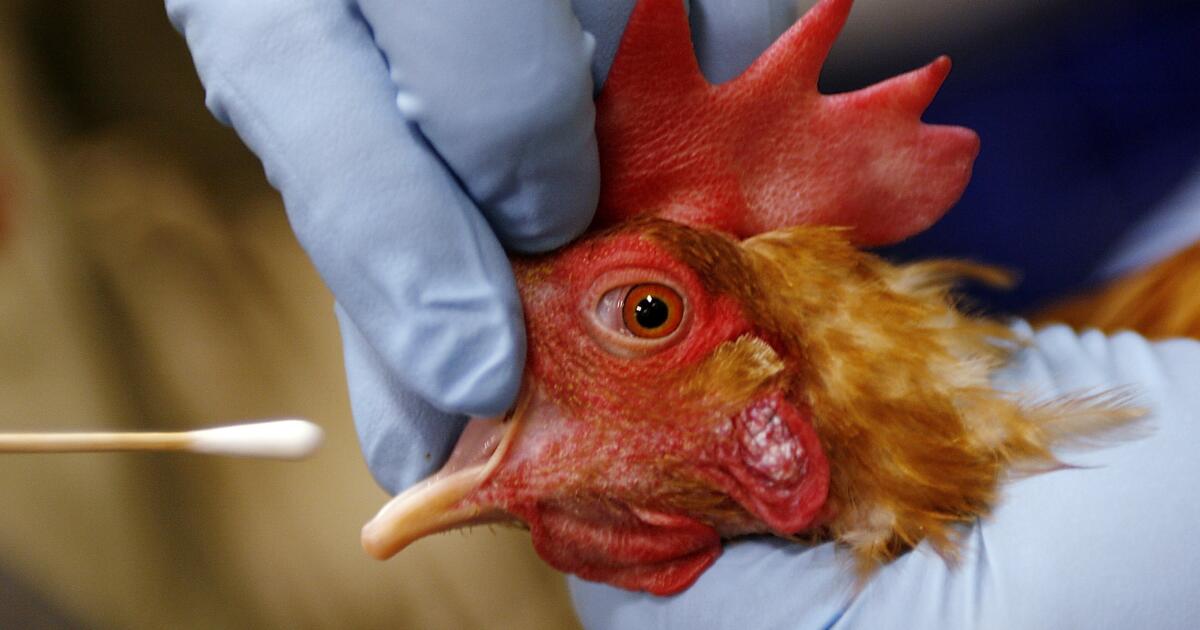
A woman in Wyoming has been hospitalized with H5N1 bird flu, as reported by health authorities. It is believed she contracted the virus while tending to infected birds in a backyard flock.
As noted in a statement from Wyoming’s public health department, the patient is an “older adult” who has “other health conditions,” potentially increasing her vulnerability to the illness. She is currently receiving treatment out of state.
This incident marks Wyoming’s first human case of bird flu and the 70th reported case in the United States since 2024. Although the Centers for Disease Control and Prevention (CDC) currently lists only 68 human cases on its site, it has yet to update this figure to include this case and another reported earlier this week involving a poultry worker from Ohio.
The woman is also the fourth individual in North America to be hospitalized due to this illness. Notably, one person in Louisiana has died from H5N1 infection.
It remains unclear if the woman contracted the D1.1 strain of the H5N1 virus, which is prevalent among wild birds, poultry, and cattle in Nevada and Arizona, or the B3.13 strain, primarily found in dairy herds.
The U.S. Department of Agriculture reports that 968 dairy herds across 16 states have been affected, excluding a herd in Arizona that was reported earlier this week.
“While this development is notable as bird flu activity is observed in Wyoming and nationwide, we believe it does not pose a significant risk to the majority of Wyoming residents,” stated Dr. Alexia Harrist, state health officer and epidemiologist at the Wyoming Department of Health.
H5N1 cases have been identified in wild birds in Wyoming, alongside reported infections in the state’s commercial poultry and dairy cattle populations.
Dr. Harrist and the CDC emphasize that there is no evidence of human-to-human transmission of this virus, and overall risk to the general public remains low.
To minimize potential exposure, she advises against consuming raw or undercooked eggs, meat, or other animal products, urges avoidance of contact with wild birds, and emphasizes the importance of not handling sick or deceased wild or domestic birds. She also recommends steering clear of raw milk and raw milk derivatives.









